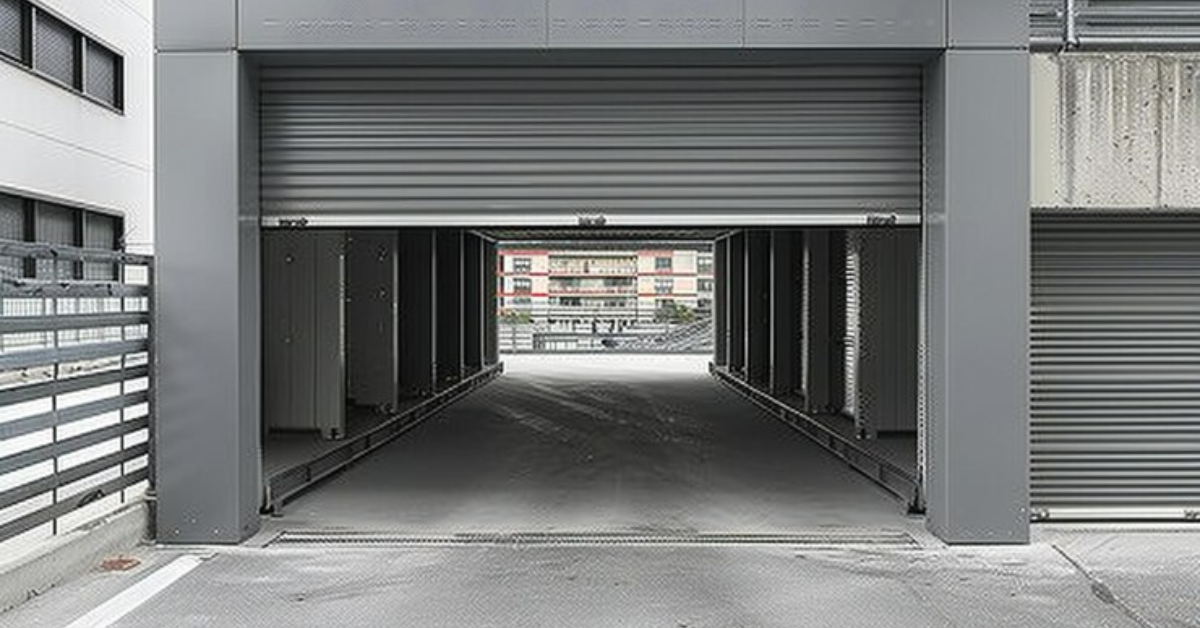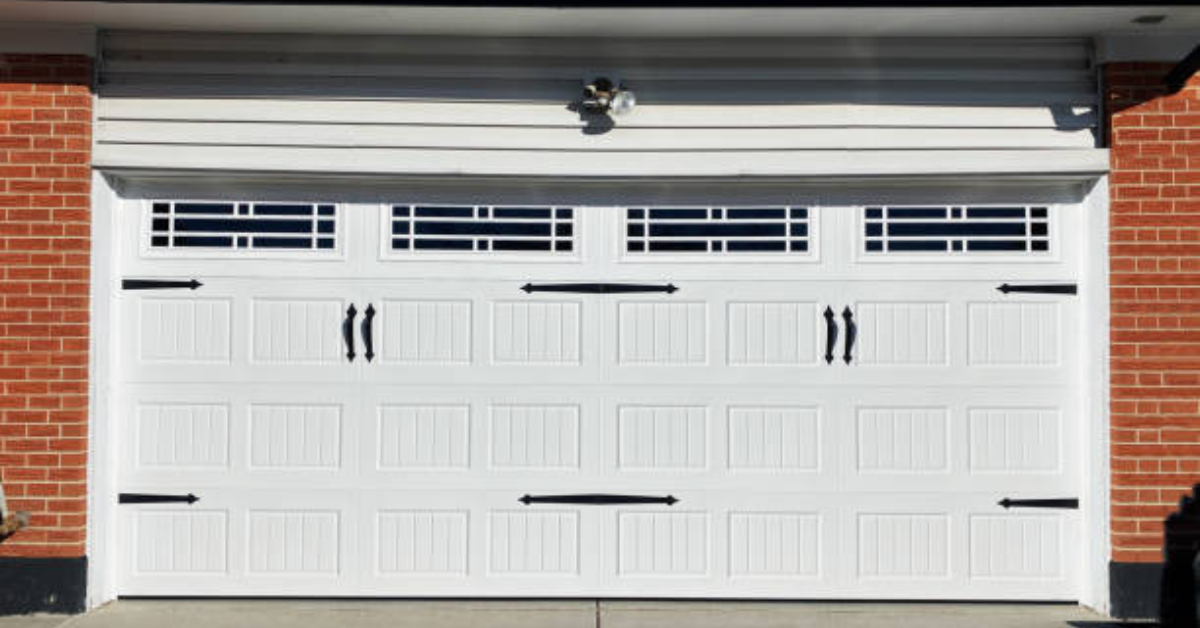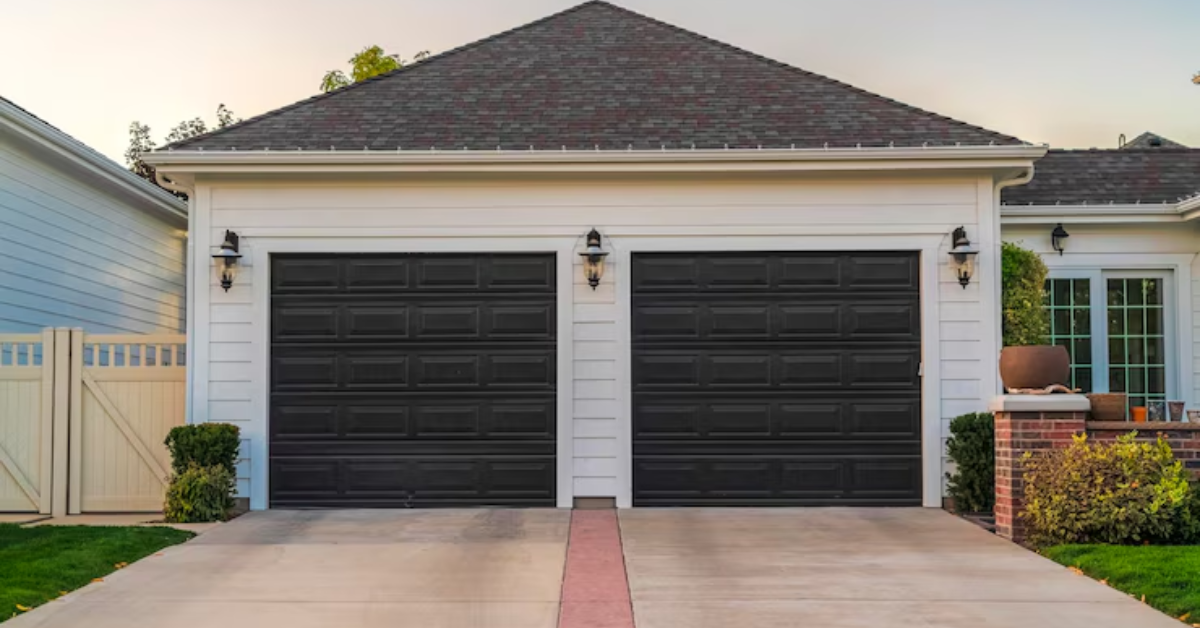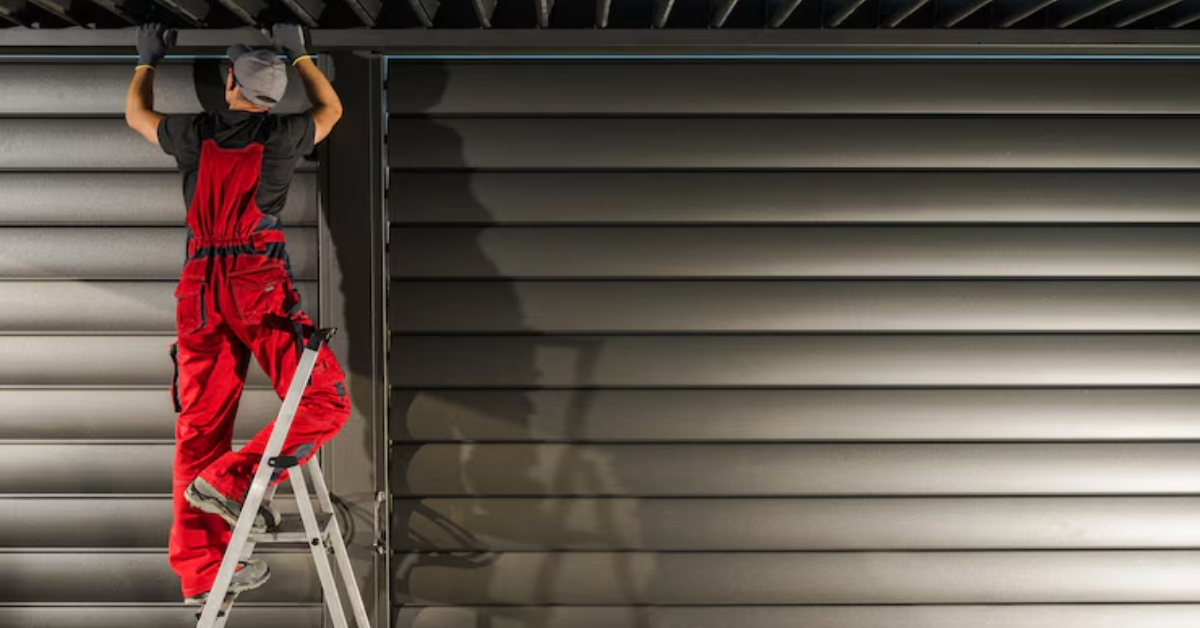Tips For Choosing a Gate Opener For Your High-Traffic Commercial Property
Having a reliable gate opener is essential for securing a high-traffic commercial property. Not only does it ensure the safety and security of your premises, but it also provides convenience for employees, clients, and suppliers who frequent the area. Choosing the right gate opener for a commercial space, especially one that sees heavy daily use, can be a daunting task. This guide will help you make an informed decision by highlighting key factors to consider when selecting a gate opener for your high-traffic property.
Analyze the Traffic Volume
The first thing to consider is the volume of traffic that your property experiences on a daily basis. High-traffic commercial properties such as office buildings, manufacturing facilities, or warehouses require a robust gate opener that can handle constant use without failure. Opt for a gate opener designed specifically for commercial use, as these systems are built for frequent opening and closing cycles. Residential gate openers may not be able to withstand the demands of a commercial property, so avoid using residential models for high-traffic areas.
Type of Gate
The type of gate you have will also determine the kind of gate opener you should choose. There are several types of gates commonly used in commercial properties, including:
- Sliding Gates: These gates slide horizontally along a track and are ideal for properties with limited space.
- Swing Gates: These gates open inward or outward and are best for properties with enough space for the gate to move freely.
- Barrier Gates: Often used in parking lots, barrier gates are excellent for controlling vehicle entry and exit but may not provide as much security as other types.
Each gate type has specific gate opener models suited for it. For example, a sliding gate requires a linear actuator opener, while a swing gate needs an arm-based system. Ensure that the gate opener you choose is compatible with the type of gate installed on your property.
Power Source Options
The power source for your gate opener is another critical factor. There are several options to choose from:
- Electric Gate Openers: These are the most common and are powered by electricity. Ensure your property’s power supply can handle the opener’s demands.
- Solar-Powered Gate Openers: Ideal for properties in remote areas or where power supply is inconsistent. Solar-powered systems are eco-friendly and cost-efficient but may not be suitable for areas with limited sunlight.
- Battery Backup Systems: In case of power outages, a gate opener with a battery backup will ensure your gate remains operational. This is especially important for commercial properties, where downtime can lead to security breaches.
Security Features
Security is a top priority for any commercial property. When choosing a gate opener, look for systems that come with enhanced security features, such as:
- Access Control Systems: These include keypads, card readers, or remote controls that restrict access to authorized personnel only.
- Auto-Close Function: This feature ensures the gate automatically closes after a vehicle enters or exits, reducing the chance of unauthorized entry.
- Surge Protection: High-traffic properties may experience electrical surges, especially during bad weather. A gate opener with built-in surge protection will prevent damage to the motor and control panel.
Speed of Operation
In high-traffic commercial environments, speed is a crucial factor. A slow gate opener can cause traffic buildup, leading to frustration for employees, customers, and delivery personnel. Look for a gate opener that provides fast operation without sacrificing safety. The ideal opener should open and close the gate quickly while maintaining control to prevent accidents.
Durability and Weather Resistance
Since commercial gate openers are exposed to outdoor conditions, it's important to choose a system that is weather-resistant and durable. High-traffic properties require gate openers that can endure continuous use and withstand environmental factors such as rain, snow, and extreme temperatures. Look for openers with durable housing materials like stainless steel or powder-coated metal, which offer greater longevity and resistance to rust and corrosion.
Maintenance Requirements
High-traffic gate openers require regular maintenance to ensure optimal performance. Before purchasing a gate opener, check the manufacturer’s maintenance recommendations. Some models may require more frequent servicing than others. Consider the ease of accessing parts for repairs and the availability of professional servicing in your area. Opting for a low-maintenance system can save you time and money in the long run.
Budget Considerations
While it may be tempting to go for the most affordable option, keep in mind that you get what you pay for. A high-quality commercial gate opener will require a higher upfront investment but will save you money over time by reducing repair and replacement costs. Consider your long-term needs and budget accordingly. Look for warranties or service plans that cover parts and labor, providing peace of mind for your investment.
Safety Features
Safety should never be overlooked when selecting a gate opener for your commercial property. Features like obstacle detection, emergency release, and manual override are essential to prevent accidents and ensure smooth operation. An obstacle detection system will stop the gate from closing if something is in its path, preventing potential damage or injury.
Conclusion
Choosing the right gate opener for your high-traffic commercial property requires careful consideration of factors such as traffic volume, gate type, power source, security features, and durability. By focusing on these key aspects, you can ensure that your gate opener meets the demands of your business while providing convenience and security. A reliable, high-performance gate opener will not only enhance your property's security but also streamline daily operations, ensuring smooth access for everyone involved.




